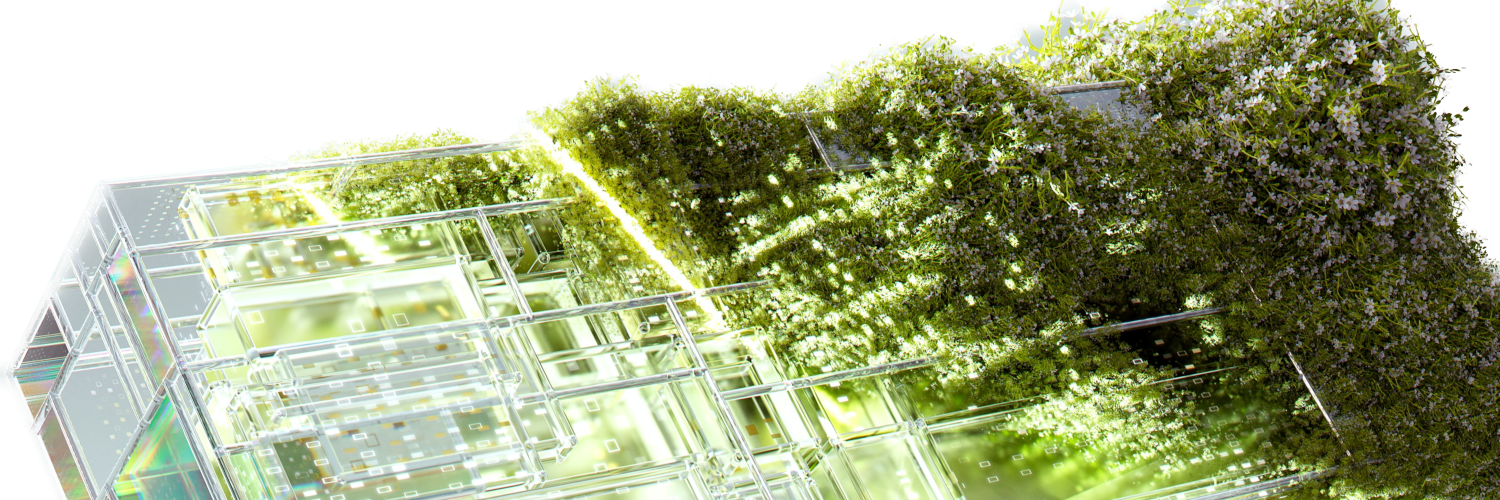COURSE DESCRIPTION
Alternative approaches for a green transition
Programme:
Comparative Studies of Ideas and Cultures (3rd level)
Modul:Interdisciplinary study of institutions and society in the 21st century – politics, economics, technology, epistemology
Course code: 105
Year of Study: Without
Course principal and lecturer:
Asst. Prof. Kaja Primc, Ph. D.
Lidija Živčič, Ph. D.
ECTS: 6
Workload: lectures 60 hours, seminar 30 hours
Course type: general elective
Languages: Slovene, English
Learning and teaching methods: lectures, discussion classes
Prerequisites:
Enrollment in doctoral studies
Content (Syllabus outline):
Growth:
- Classical views in the theory of economic growth;
- Capitalism and the ideology of growth;
- Finite natural resources and entropy.
Degrowth:
- Sustainable and unsustainable growth;
- Contradictions of the concept of “sustainable development”;
- The possibility of degrowth under capitalism;
- Degrowth, circular economy, and green growth.
Alternative approaches and new methodologies:
- A different way of organising society (participation, direct democracy, the redistribution of labour, universal basic income, care, solidarity, etc.);
- Alternative approaches in the economy (alternative indicators, co-ownership, co-operatives, barter, ethical banking, tax reforms, participatory budgets, the production of use value, communing, etc.);
- Environmental care (resource use, waste, renewables, energy savings and efficiency, energy democracy, eco/community farming, sustainable mobility, etc.);
- Active citizenship – from personal change to changing global trends, contemporary approaches to participation;
- Natural resource management, environmental governance;
- Social and environmental justice and equity;
- Sustainable education;
- Eco-systems and new eco-technologies.
Readings:
- Abraham, Martin. 2017. Encyclopedia of Sustainable Technologies. London: Elsevier.
- Burkett, Paul. 2006. Marxism and Ecological Economics. Towards a Red and Green Political Economy. Leiden: Brill.
- Castoriadis, Cornelius. 1975. L’institution imaginaire de la société. Paris: Éditions du Seuil.
- D’Alisa, Giacomo, Federico Demaria, and Giorgos Kallis (eds.). 2015. Degrowth – a new vocabulary for a new era. London/New York: Routledge.
- Daly, Herman E. 1996. Beyond Growth: The Economics of Sustainable Development. Boston: Beacon Press.
- De Lucia, Vito. 2019. The ecosystem approach in international environmental law – Genealogy and biopolitics. New York: Routledge.
- Foster, John Bellamy. 2000. Marx’s Ecology. Materialism and Nature. New York: Monthly Review Press.
- Harvey David. 1996. Justice Nature and the Geography of Difference. Cambridge, MA: Blackwell.
- Heikkurinen, Pasi, and Toni Ruuska (eds.). 2021. Sustainability beyond Technology: Philosophy, Critique, and Implications for Human Organization. New York: Oxford University Press.
- Heikkurinen, Pasi. 2019. “Degrowth: A metamorphosis in being”, Environment and Planning E: Nature and Space. Vol. 2, issue 3: 528-547.
- Heikkurinen, Pasi. 2018. “Degrowth by means of technology? A treatise for an ethos of releasement”, Journal of Cleaner Production. Vol. 197, Part 2, 1: 1654-1665.
- Kallis, Giorgos, Susan Paulson, Giacomo D’Alisa, and Federico Demaria. 2020. The case for degrowth. Medford, MA: Polity Press.
- Latouche, Serge. 2020. “Degrowth and the Paradoxes of Happiness”, Annals of the Fondazione Luigi Einaudi. An Interdisciplinary Journal of Economics, History and Political Science, Torino (Italy): Fondazione Luigi Einaudi, Vol. 54(1), pp. 133-152.
- Latouche, Serge. 2022. La Décroissance. Deuxième édition. Paris: Humensis.
- Latouche, Serge. 2009. Preživeti razvoj. Od dekolonizacije ekonomskega imaginarija do oblikovanja alternativne družbe, Transl. Katarina Rotar and Bojan Radej. Ljubljana: Založba /*cf.
- Meadows, Donella H., Dennis L. Meadows, Jørgen Randers, and William W. Behrens. 1972. The limits to growth. New York: Universe Books.
- Miller, Thaddeus R. 2015. Reconstructing Sustainability Science: Knowledge and Action for a Sustainable Future. London/New York: Routledge.
Objectives and competences:
- The ability to familiarise and distinguish between key perspectives of contemporary and current trends in ecological issues: political ecology, ecological and circular economy, eco-psychology, degrowth, environmental Marxism, eco-feminism, eco-criticism, eco-urbanism, natural resource management, environmental governance, contemporary participatory approaches, social and environmental justice and equity;
- An understanding of the fundamental eco-concepts of degrowth, sustainability, alternative natural resources, eco-systems, entropy, care;
- Development of the ability to think critically about the logic of growth and explore alternative approaches to the logic of degrowth.
Intended learning outcomes:
Through introduction of key theories and alternative approaches, the students will absorb state-of-the-art analysis to the challanges of sustainable development under the condition of natural constraints.
Learning and teaching methods:
Types of learning/teaching:
- Frontal teaching
- Work in smaller groups or pair work
- Independent students work
- e-learning
Teaching methods:
- Explanation
- Conversation/discussion/debate
- Work with texts
- Case studies
- Inviting guests from companies
Assessment
- 20 % Short written assignments
- 80 % Long written assignments



